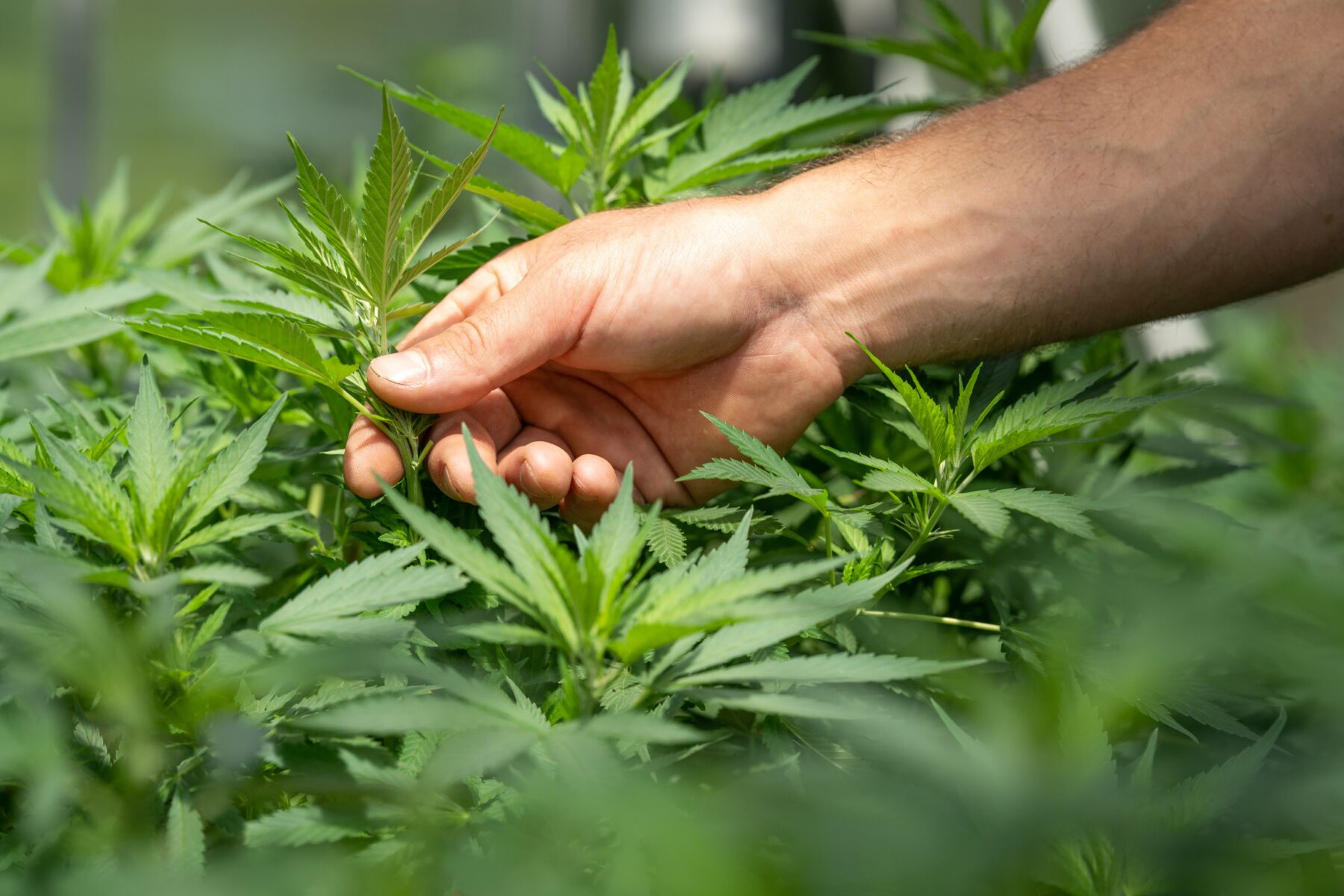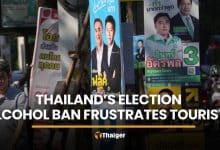Mixed reactions to Thailand’s new cannabis law from tourism industry

The recent draft law on cannabis and hemp, targeting to limit recreational use, is garnering mixed reactions from Thailand’s tourism industry. While it could potentially lead to the closure of several dispensaries, industry insiders feel it wouldn’t have a significant impact on the overall tourism landscape as cannabis and hemp aren’t primary attractions for international visitors.
The bill, endorsed by Public Health Minister Cholnan Srikaew, aims to restrict the recreational consumption of cannabis and hemp, focusing primarily on medical use. The draft bill is awaiting Cabinet approval before being presented to the House of Representatives for review.
Offering his perspective, Ratchaporn Poolsawadee, President of the Tourism Association of Koh Samui, commended the draft as a positive step towards limiting cannabis use to medicinal purposes, thereby increasing public benefits. Following the decriminalisation of cannabis in 2022, Samui saw a surge in cannabis shops, with about 600 stores currently operating on the island.
However, the absence of adequate regulations caused concerns about illegal use among young people and rampant recreational use by foreigners in public spaces, often oblivious of the legal repercussions. Ratchaporn estimates that the new draft law might lead to the closure of approximately 20% of the cannabis shops, due to reduced demand, reported The Phuket News.
Nonetheless, Ratchaporn believes that the tourism industry will remain largely unscathed as cannabis and hemp aren’t key factors attracting foreign tourists. A small fraction of foreign visitors travelling to Thailand specifically for the consumption of cannabis does exist, typically because the products are banned in their home countries. But this demographic isn’t a significant target for the country’s tourism sector.
Cannabis market
The cannabis market has been experiencing intense competition recently, with shop owners vying for customers amidst a sluggish influx of arrivals. While cannabis can potentially boost the economy, Ratchaporn emphasises the need for clear regulations to prevent illegal imports. He suggests that, if smoking is permitted, it should be confined to specific zones, such as shops or dedicated lounges, similar to the practices in Amsterdam or certain American cities.
Echoing Ratchaporn’s views, Damrongkieat Pinijkarn, secretary of the Pattaya Entertainment Association, highlighted the issue of foreign tourists unknowingly flouting rules by consuming cannabis in public spaces and entertainment venues, causing disturbances. In the absence of proper regulations, officials have found it challenging to curb misuse.
Damrongkieat also pointed out the lack of quality control among street vendors selling cannabis along Pattaya Walking Street, leading to adverse effects on consumers. He supports the new draft law, as cannabis isn’t a major draw for foreigners visiting Thailand and Pattaya compared to nightlife activities. Consequently, he expects the tourism sector in the area to continue thriving.
Latest Thailand News
Follow The Thaiger on Google News:


























